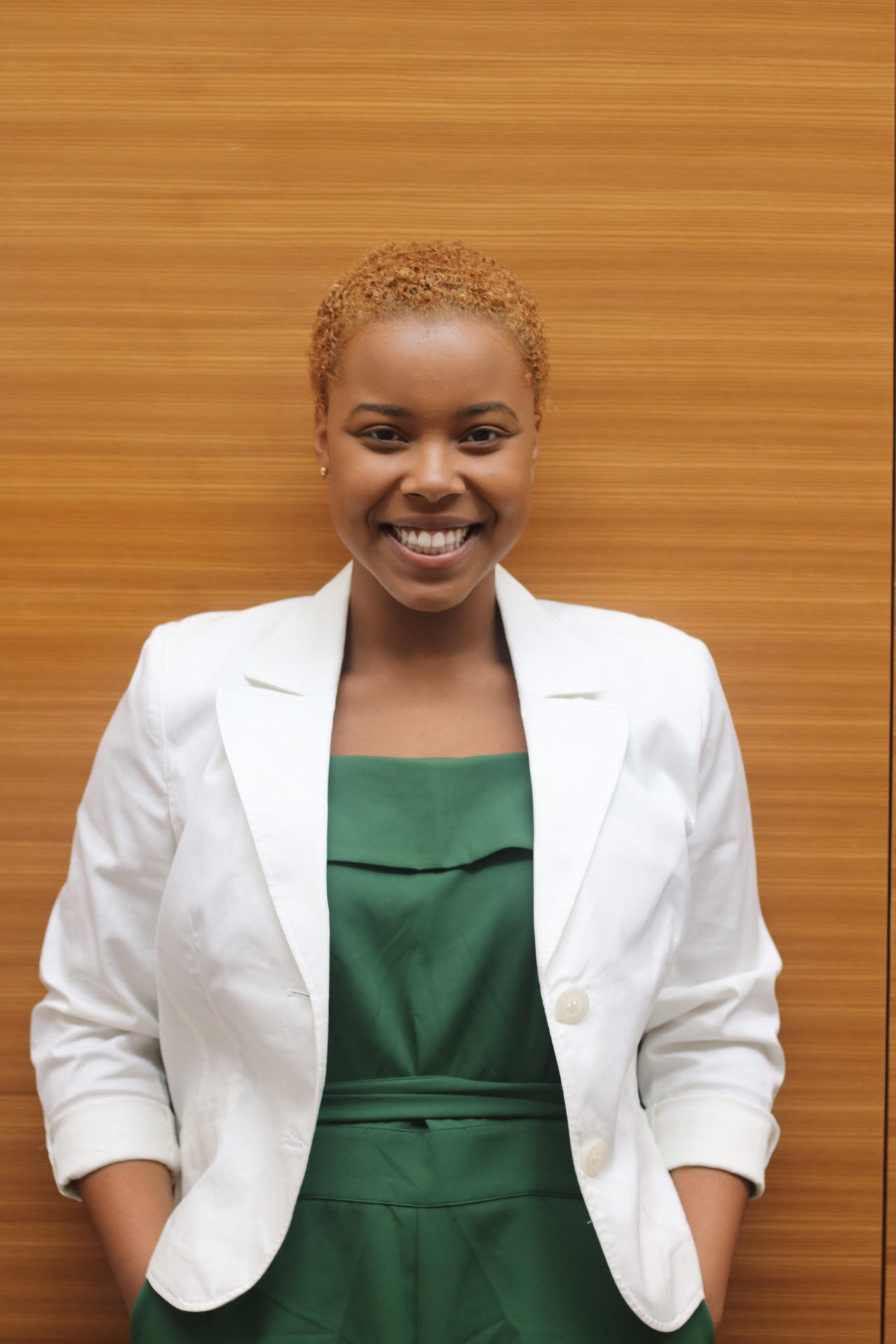By Ms. Jordan DeVeaux, 2nd VP, Connectional YPD
Disagreement is a necessary art to master within the human experience. Diversity of opinion is crucial to our survival. A farmer could easily inform you that growing one crop alone leaves a community malnourished. One prevailing opinion poses a threat of social dormancy or disorder.
You may be wondering why effective disagreement is a topic worthy of our consideration in a religious setting. First, the Word of God takes time unpacking the nuances associated with disagreement in churches. Biblical writers encourage a range of strategies from open debate to healthy mediation. The Bible recognizes the need for assistance in the realm of conflict resolution, acknowledging the turbulent family dynamic of the church on earth.
Second, in a society polarized to the point of congressional stagnancy at times, conflict is bound to travel into the doors of our churches. It is important that we know how to combat these issues without giving sweeping statements of morality, but instead, offering praise to a God that is big enough to answer our questions and settle our disputes.
The title of this article is a bit misleading for two reasons. The first is due to the implication that civil disagreement was once a living, thriving entity within our society—which one could argue never was alive and well. I can, in no way, deny that ears have been cut off over minor disputes or that names have been called. Instead, I would like to argue that “civil disagreement” as a school of thought has always been an ideal. Whether or not the statement, “Let us agree to disagree” has truly been put into practice is a different story.
Second, many might say, “Yes! I will finally be able to survive conversations with the people at my church!” or even, “Now, I can avoid conflict and confrontation altogether.” I regret to inform you that to achieve this ideal, there is much to which we must confront. Our pride, intentions, and regard for human dignity are just a few. Where do we go from here? The next step is turning inward.
I have a confession to make. This conversation is not about how to debate. It’s about how to be human. The common factor when engaging in civil disagreement is not merely having an open mind but also seeing the individual as their own scope of experiences. This individual is not merely the object of our opposition but also a metaphysical reality worthy of respect. We often forget that this human being is the result of generations of tradition, cultural backgrounds, and a world of insight. We are the sum of the terrain that we’ve traveled. When we begin to view people as people, as anxious to be understood as we are, it won’t be nearly as catastrophic when we find we disagree.





